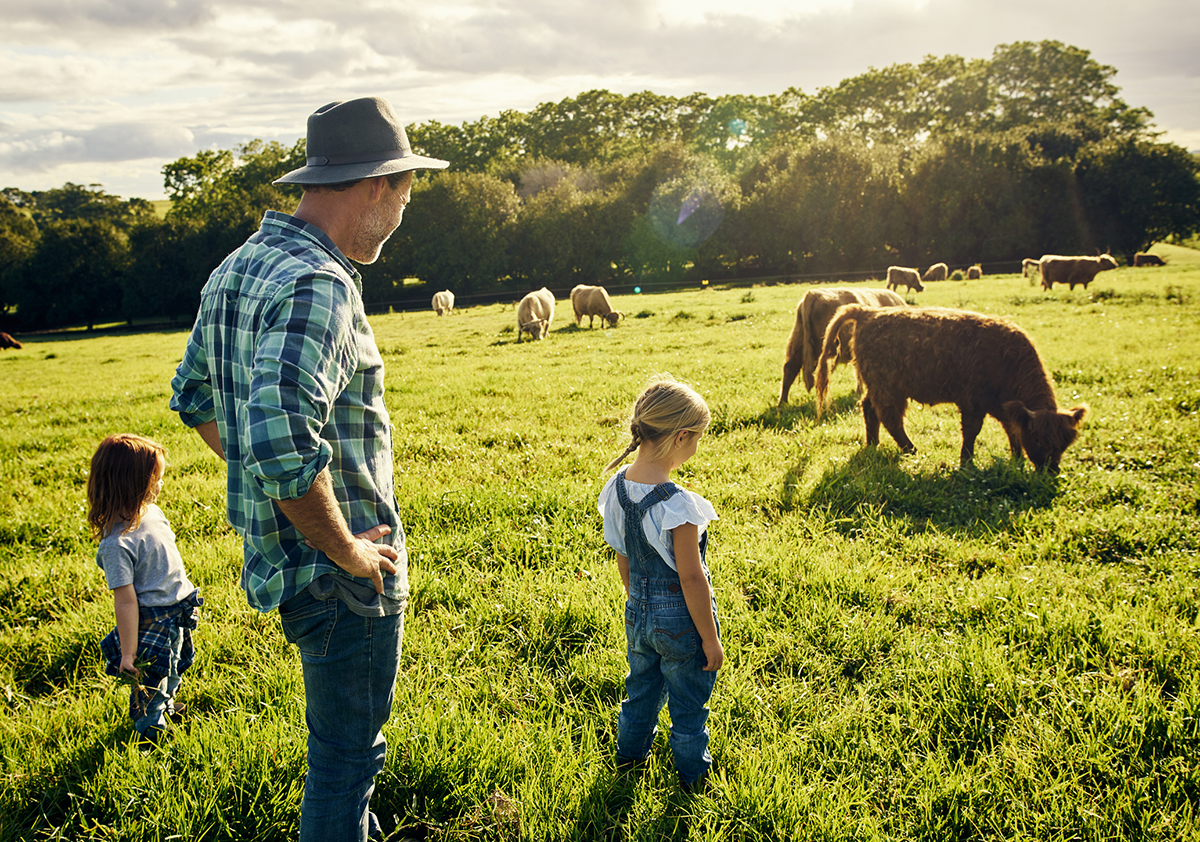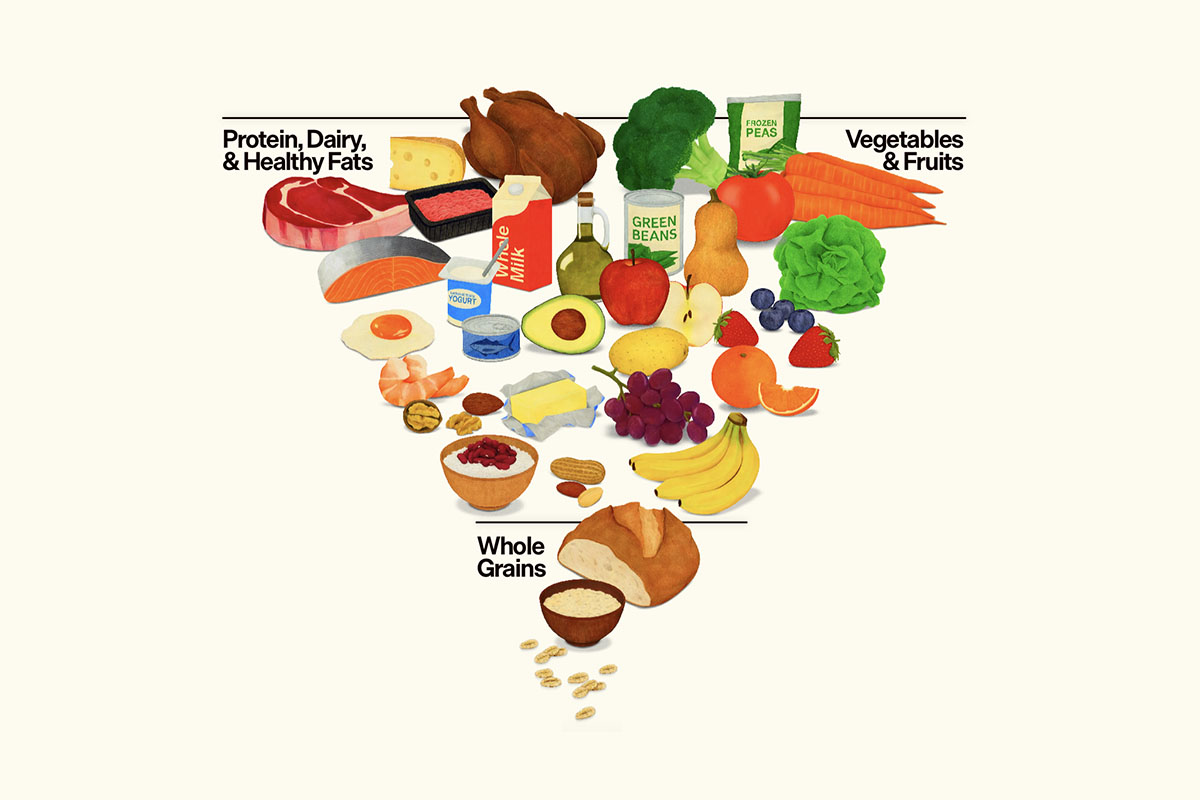Last week I talked about the benefits of regenerative agriculture with respect to healthy soil. According to the Natural Resources Defense Council, soil health is measured by the soil’s ability to function as a living system while maintaining air and water quality, performing other ecosystem duties, and sustaining plant and animal growth. In fact, the regenerative philosophy is rooted in Indigenous wisdom. Indigenous communities stewarded resources and grew food following natural cycles while implementing practices that replenished natural resources. Moreover, these practices keep farms resilient in changing weather conditions, flood and drought.
Animal integration and welfare is a critical part of the regenerative philosophy of maintaining a healthy ecosystem. Our current industrialized animal production facilities called confined animal feeding operations (CAFOs), which have been in existence now for over 50 years, pollute waterways—including drinking water supplies for millions of rural Americans—and emit concentrated methane into the environment from manure lagoons. If that’s not enough, antibiotic resistance created by rampant use in CAFOs is harming public health. This method of meat production is by far the antithesis of regenerative agriculture.
Ranchers practicing regenerative agriculture keep their livestock fed on perennial grasses year-round (i.e., grass-fed beef) to promote animal welfare, avoiding spending money on hay, and the animals leave fresh manure behind to help build healthy soil. While it can take longer than two years to raise animals for slaughter, ranchers report that working on nature’s timeline produces cows with fewer health issues and better quality meat—with the side benefit of healthier soil.
Animals like chickens, sheep, goats, and cows can graze fields and eat weeds, reducing the need for toxic herbicides. In turn, their manure acts as a natural soil amendment, reducing any need for synthetic fertilizers. Talk about a symbiotic relationship!
To your health!
Leyla Muedin, MS, RD, CDN








